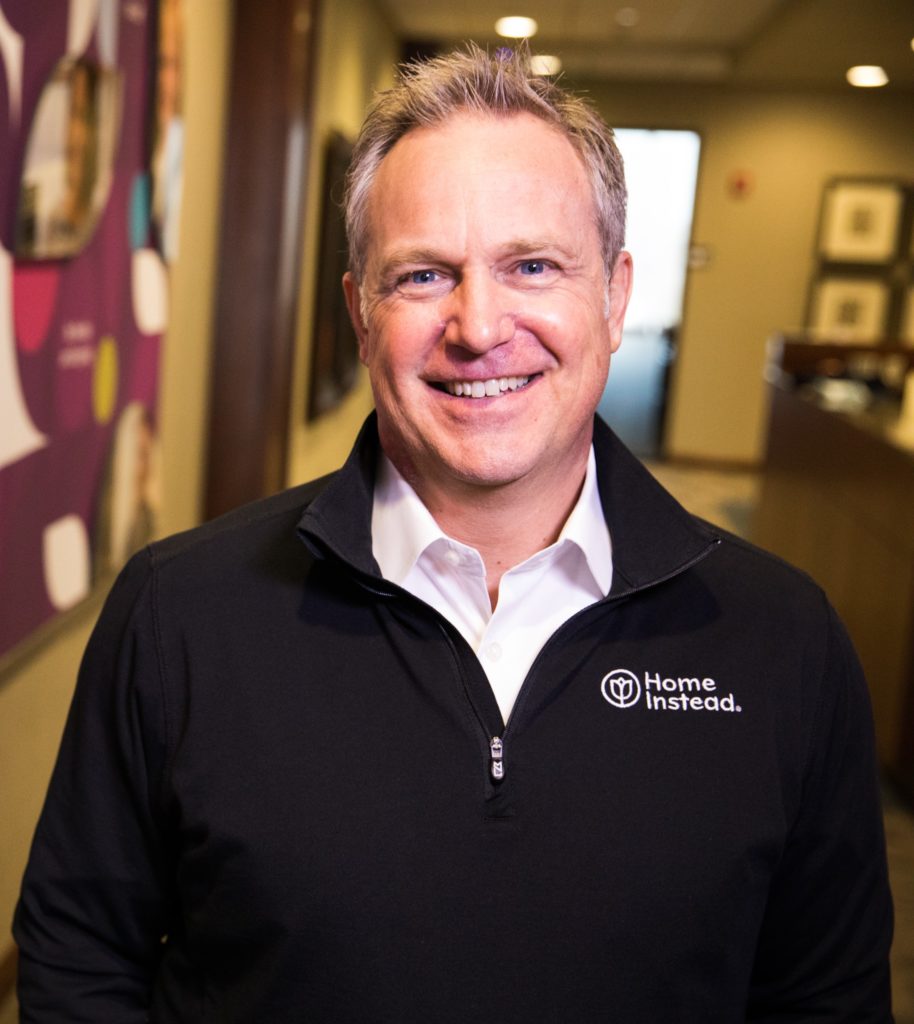It might sound like hyperbole, but Honor Technology CEO Seth Sternberg and Home Instead CEO Jeff Huber believe that in joining forces they are transforming the world of senior care.

“We can literally change how society cares for older adults,” Sternberg told McKnight’s Home Care Daily.
Last Friday, San Francisco-based Honor Technology announced it would acquire Omaha-based Home Instead for an undisclosed amount. Even though the home care industry is in the midst of merger mania, the acquisition of 26-year-old Home Instead by a six-year-old tech company rocked the industry. But both executives say the deal is a no-brainer.
Honor Technology is a home care technology and operations platform that helps mom-and-pop home care agencies connect the right caregiver with the right patient. Home Instead provides home care services from 1,200 offices worldwide with 100,000 caregivers. Under the deal, Home Instead will retain its name and operate as a subsidiary of Honor Technologies.
The acquisition of Home Instead gives Honor scale in the highly fragmented home care industry, Sternberg said.
“When you go to the level of scale that Home Instead is at, you can invest so much more into your tech stack,” he explained.
In return, Home Instead gets access to Honor’s analytics, which could help the company recruit and retain valuable talent.

“Honor has, like, 14 motivational aspects to caregiver personalities,” Huber told McKnight’s Home Care Daily. “One caregiver might be really highly motivated by a bonus to fill a short notice shift, where that is completely the wrong motivation to put in front of another caregiver who wants extreme consistency from one day to the next.”
Sternberg founded Honor Technology in 2014 with $255 million from venture capital investors, including Andreesen Horowitz. He said at the time there was little interest from investors in technologies benefiting senior services, but that is changing. The acquisition of Home Instead will produce combined revenues of $2.1 billion. That could help in the development of new technologies that not only assist Home Instead, but other small agencies as well.
“The kinds of things we’ll be working on and building are not just delivering (activities of daily living) supports, but going beyond that and really caring for the whole person. So, you’ll see some pretty exciting stuff,” Sternberg said.
Both Sternberg and Huber think the combined company and the future technologies it produces will inspire more companies to invest in the senior care industry, and perhaps more corporate partnerships between tech companies and the home care industry.
“We’ve literally created a platform company with massive distribution and with that we hope, we can help those other entrepreneurs in their journeys as they build really cool products,” said Sternberg.
